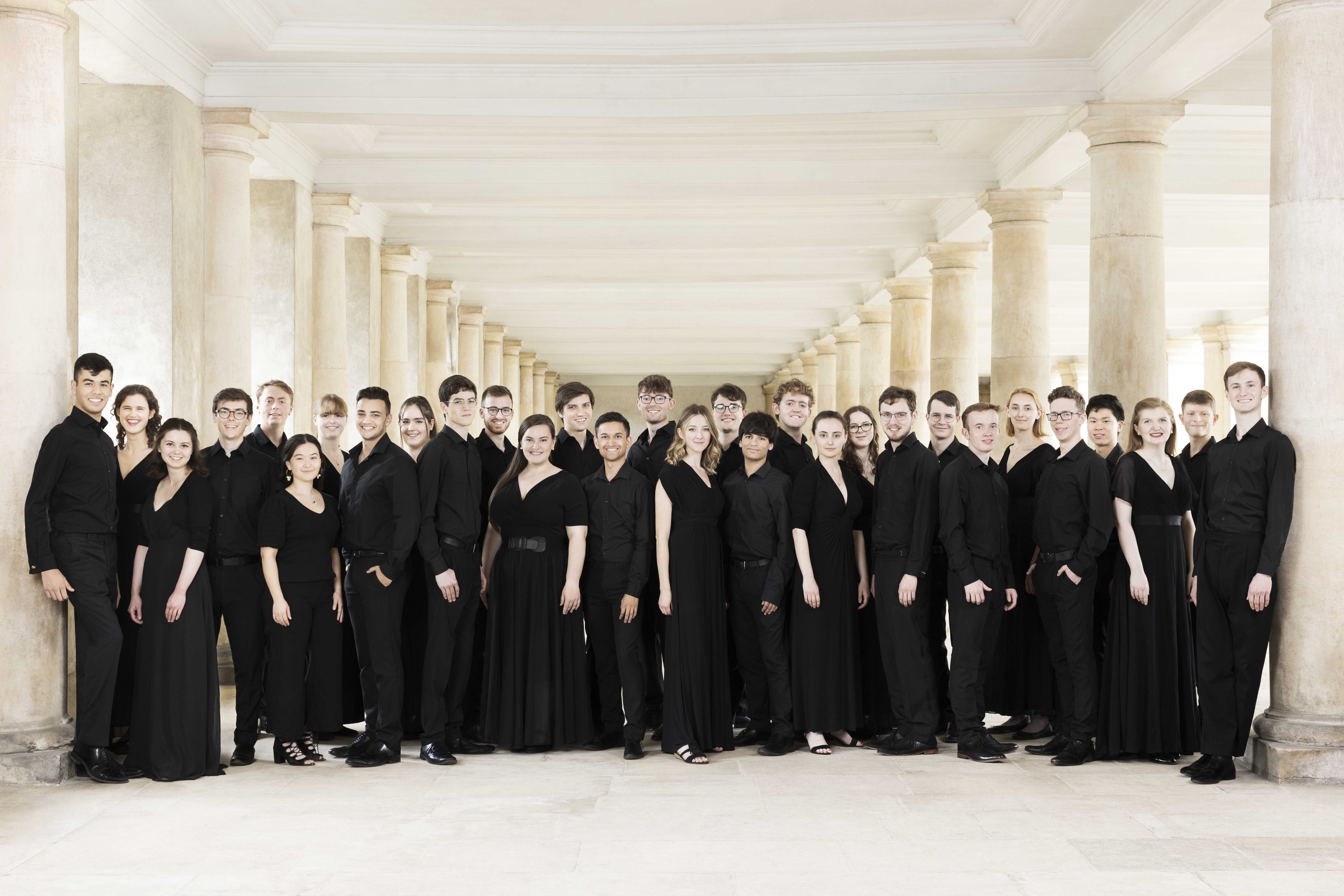Bach: Christmas Oratorio, Dec 2011 - Classical Source.com
> See concert details...An aspiration of many years’ standing has been to listen to J. S. Bach’s cantatas following the liturgical sequence. I haven’t progressed much beyond Quinquagesima before getting deflected, but at least the Advent cantatas are beginning to sink in. Their memorable sense of sober reflection and expectation supplies the right context for the eruption of high spirits that opens Bach’s suite of six cantatas that constitute his Christmas Oratorio, which was the one work in the penultimate concert of the nine in St John’s ambitious, encyclopedic annual festival of Christmas music.
This performance, broadcast live on BBC Radio 3, fielded four of the six parts, omitting the fourth and fifth for the Feasts of the Circumcision and the Epiphany.
As it happened, the initial impression made by the 36-strong Choir of Trinity College Cambridge in ‘Jauchzet, frohlocket’ was something of a contained explosion, but they very quickly loosened up. These young singers were performing throughout from memory – some feat, especially in the longer choruses – and produced a thoroughly rehearsed, multi-faceted sound, projected with undistorted clarity.
In the same way as in Bach’s Passions, the individual choruses and chorales assumed with ease the specially tailored characteristics, from the exuberance of the angelic host to the awed chorale in Cantata 1 that sets the familiar Passion melody (‘O Haupt voll Blut und Wunden’) in a powerful, instant compression of Christ’s birth and death, and which reappears to great effect at the end of Cantata 6. For a sense of drama and for the quality of colour and response, this was English choral singing at its expressive finest.
Stephen Layton’s conducting had a keen awareness of the Christmas story’s unfolding narrative and just as keen an ear for instrumental and choral blend and for the range of Bach’s scoring. His decisive downbeats inspired a confident, tight ensemble, but he was just as content for the extended solo arias to play out at their own pace. He was very impressive with the detail of the accompanied recitatives.
The familiar drama of the Nativity was compounded no end by the superb Evangelist (Luke, then Matthew in the Sixth Cantata) of James Gilchrist, who presented a compelling mix of revelation and immediacy, and dispatched the technical challenges of ‘Frohe Hirten’ (in the Second Cantata) with consummate ease. He was matched by the intense focus and inwardness of Iestyn Davies’s hauntingly pure countertenor – he is an artist who can seemingly cover the range of innocence and experience within the compass of one note. His singing here combined sensuality and fierce musicality to an extraordinary degree, especially in his rapt performance of ‘Schlafe, mein Liebster’. Neal Davies brought a real bass darkness and breadth to the brief appearance of Herod, and had an ease and flexibility that suited the arresting urgency of Katherine Watson’s radiant soprano in their duet ‘Herr, dein Mitleid’.
The OAE’s trumpets and drums announced the Nativity in fine, declamatory style; the obbligato instruments would round their arias like vines. All in all, it was the musical equivalent of one of those incredibly elaborate German crib scenes, where there is always something to catch our eye and move our spirits.
Peter Reed
